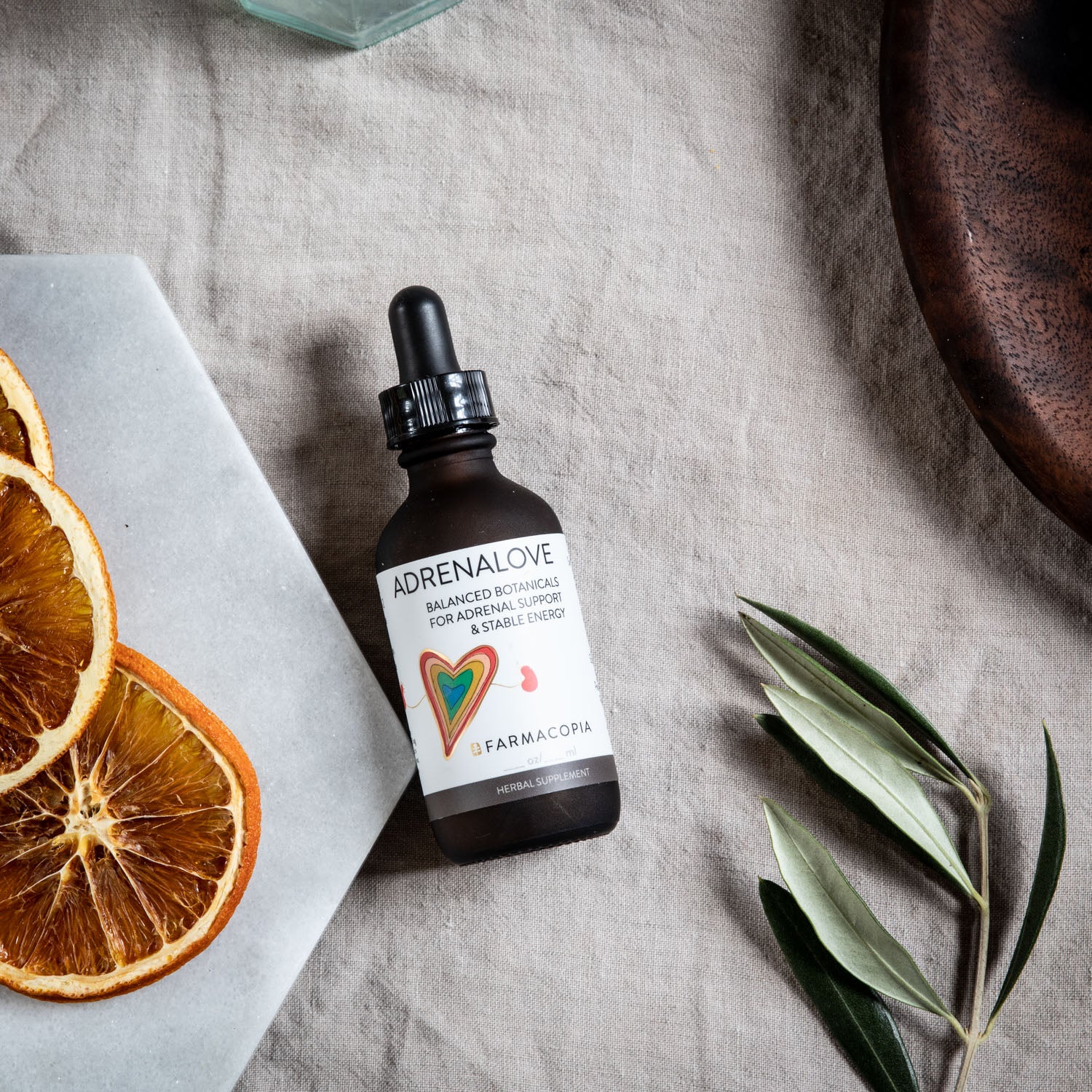 Author: Lily Mazzarella
Author: Lily Mazzarella
What is a sunburn, really?
When our skin is overexposed to sun, UV radiation causes damage to our skin cells’ DNA—and therefore, the loss of the cells’ all-important ability to self-repair. In the short term, our skin responds to overexposure by releasing chemical and cellular mediators of inflammation—what we see and feel as the red, hot, swollen (and sometimes blistering) misery of sunburn.
In the long run, repeated sun damage means loss of elasticity, changes in texture and pigmentation, and increased risk of skin cancer. Some dermatologists say that even a “pinkening” of lighter skin tones signals burn—or “minimal erythemal dose”—that is, the least of amount of sun it takes to turn a lighter skin red. Darker skin, while somewhat better protected from UV radiation by higher levels of melanin in the cells, can also burn and suffer effects of long term sun damage, especially as climate change has intensified our solar UV rays.
Plants to the rescue
In addition to wearing a clean, mineral-based sunscreen, a diet rich in FLAVONOIDS will help your body be more prepared to handle the sun’s rays. Amazingly, flavonoids, aka pigments found throughout plant kingdom in flowers, leaves and fruits, help protect plants themselves against mutagenic effects of UV radiation. Think about it: while plants love sunshine (and make their food from it), even for them there can be too much of a good thing. And, plants can’t get up and move into the shade on a baking summer day! They need some way to protect themselves from cellular damage, and flavonoids do just that.
When we eat these richly pigmented plants, research shows that they confer these benefits to us—providing something like an internal sunscreen. Think: green tea, cacao, cherries, kale, grape skins/seeds, and blueberries. And if our skin has been overexposed, these multi-tasking plant compounds help us out by stabilizing collagen and cooling oxidative damage. Our Summer Inflammation Soother Kit & Guide is full of information and delicious recipes aimed at ramping up flavonoid intake and reducing inflammation.
Isn’t some sun healthy?
Yes!! We’re big fans of the physical and mental benefits of sun exposure. Moderate sun exposure can actually help improve some skin conditions, such as psoriasis, eczema, and staph. And, it is one of the most reliable ways to get the kind of vitamin D our body can use best, which is critical for endocrine, musculoskeletal and immune health.
We all have different sun tolerance, and sometimes we find ourselves overexposed.....even with the best of intentions and a proper diet. In those cases, after sun serums like Urb Apothecary's Sun Worshiper can help skin rejuvenate from oxidative damage, and a batch of turmeric pops can help soothe active redness.

